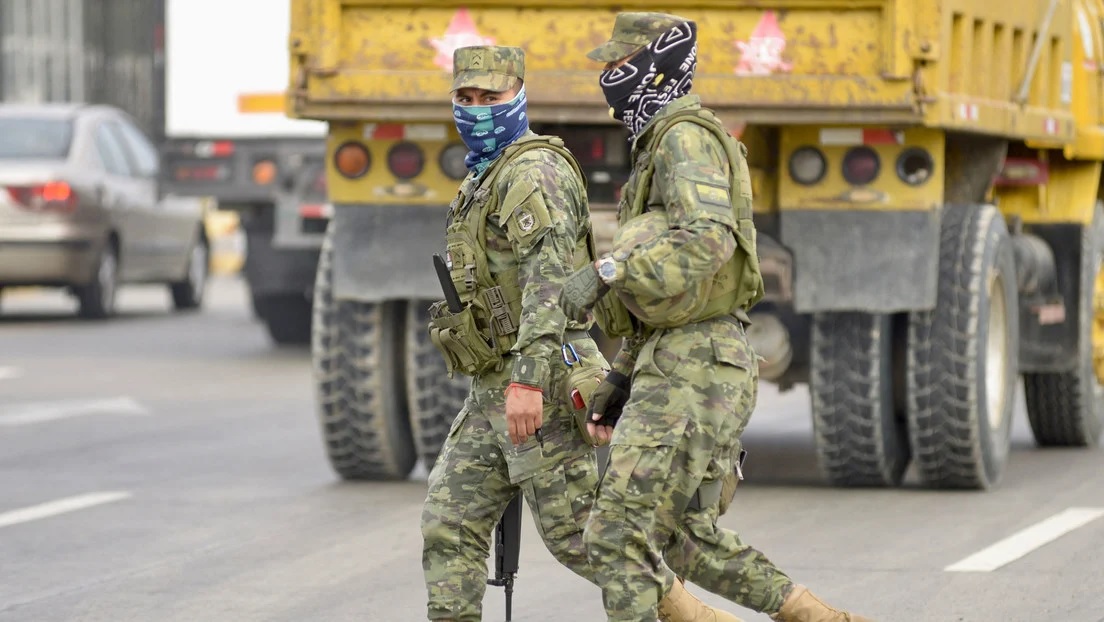On September 12, President Guillermo Lasso presented Ecuadorian citizens with eight questions on citizen security, democratic strengthening, and the environment to promote a citizen consultation in 2023 that could lead to constitutional reforms.
This week, Ecuador’s Constitutional Court will conduct a constitutional review of the questions, the first of which concerns the deployment of the armed forces for public security tasks.
In this regard, Erika Guevara Rosas, Amnesty International’s Director for the Americas, said the following:

“Referendums and popular consultations should not be a tool to violate a state’s international human rights obligations.
“Human rights obligations cannot depend on popular support, and referendums should not be used to suppress the inherent rights of all people.
“Rather, governments must guide their policies following international human rights law.
“The security challenges facing Ecuador will not be solved by deploying the military and, on the contrary, could aggravate the human rights situation,” said Erika Guevara Rosas, director for the Americas at Amnesty International.
“The consultation proposed by President Lasso opens the possibility of reforming Ecuador’s constitution to permanently allow the use of the Armed Forces in public security tasks.
“The permanent deployment of the armed forces in public security tasks contravenes international standards and represents a risk to the guarantee of human rights in the country.”
“Our region has already experienced the negative impact that the militarization of public security has on human rights, from Mexico and Brazil to Colombia and Venezuela, among other countries.
“As the evidence from these countries demonstrates, Ecuador’s security challenges will not be solved by deploying the military, which could aggravate the human rights situation.
“To respond to these challenges effectively, the authorities must prioritize strengthening and professionalizing police institutions and promote public policies focused on crime prevention and access to justice.”
The Inter-American Court of Human Rights has determined that maintaining public order and citizen security should be primarily reserved for civilian police forces.
The use of the armed forces in public security tasks, as stated by the Court, must be exceptional, temporary, restricted to what is strictly necessary, subordinated to civilian authorities, and supervised by competent civilian bodies.
In those exceptional circumstances in which the deployment of the Armed Forces is necessary, military personnel must have the required instructions, training, and equipment to act with full respect for human rights and be subject to international standards on human rights and the use of force.
With information from Amnesty International

